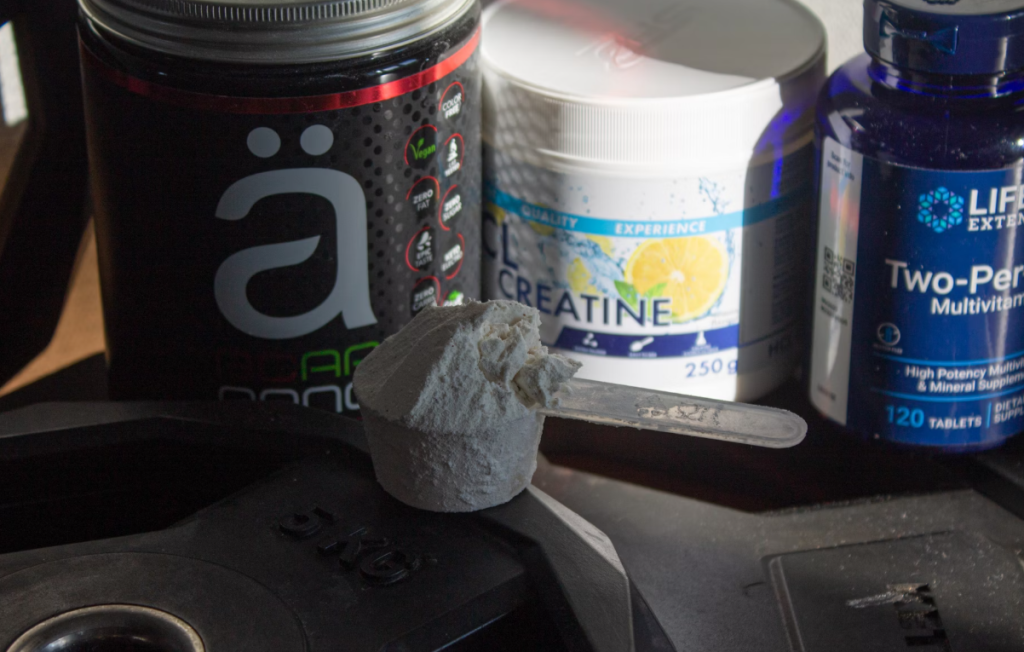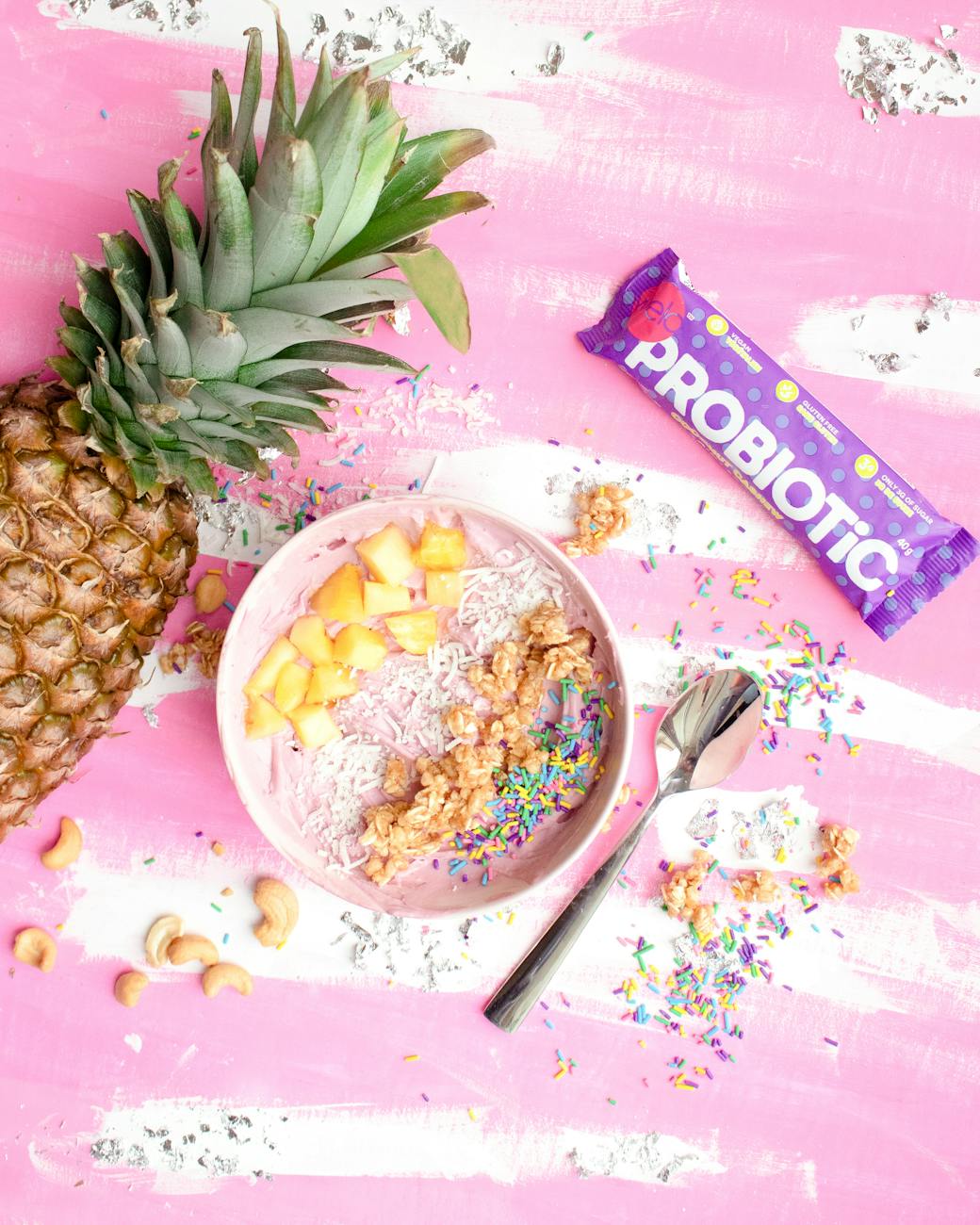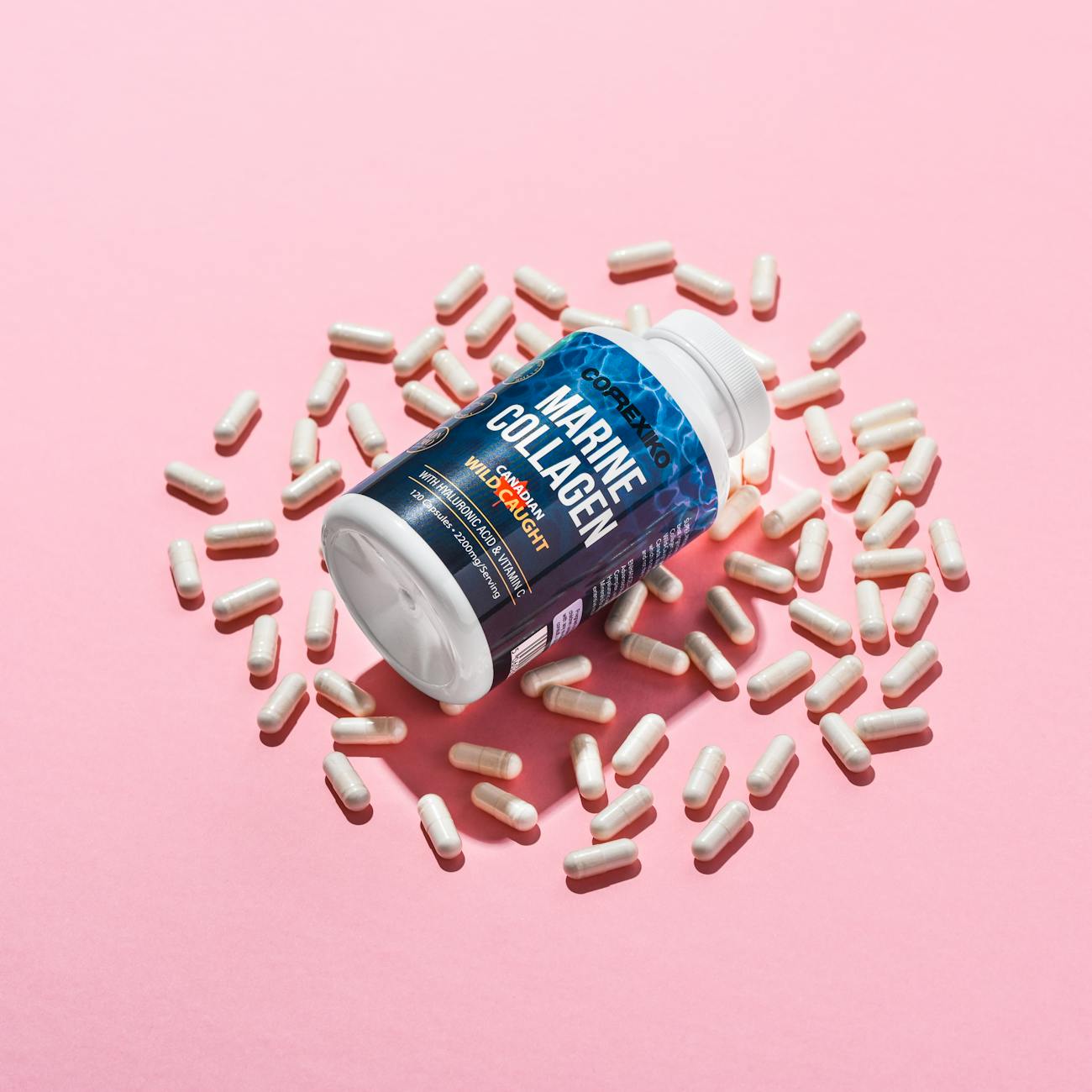Ever wondered how to supercharge your muscle-building journey? If you’re hitting the gym hard but not seeing the gains you crave, your protein intake might be the missing piece. Protein powders are like the secret sauce for muscle growth, delivering a quick, convenient dose of the nutrients your muscles need to repair and grow. In 2025, the market is buzzing with high-quality options tailored for every fitness goal. Let’s dive into the best protein powders for muscle gain, why they matter, and how to pick the perfect one for you.
Why Protein Powders Are Essential for Muscle Growth
Picture your muscles as a construction site after a tough workout. The heavy lifting creates tiny tears, and protein is the crew that swoops in to rebuild stronger foundations. Protein powders pack a concentrated punch of amino acids, the building blocks of muscle tissue. Research shows that consuming protein post-workout kickstarts muscle protein synthesis, the process that fuels growth. But why powders? They’re fast, easy, and perfect for busy folks who can’t always whip up a chicken breast after the gym.
The Role of Amino Acids
Amino acids are the MVPs of muscle building, and not all proteins are created equal. Essential amino acids, especially leucine, are critical because your body can’t make them on its own. Leucine acts like a switch, flipping on muscle repair at a cellular level. A good protein powder should deliver at least 2 grams of leucine per serving to maximize gains. Whey protein, for instance, is a leucine superstar, which is why it’s a gym staple.
Timing Your Protein Intake
When’s the best time to chug that protein shake? Timing matters. Studies suggest that consuming 20-30 grams of protein within 30 minutes of your workout optimizes recovery. This “anabolic window” is when your muscles are most receptive to nutrients. That said, don’t stress if you miss the window—spreading protein intake evenly throughout the day still supports growth. Think of it like watering a plant: a steady drizzle keeps it thriving.

Types of Protein Powders
Not all protein powders are cut from the same cloth. From dairy-based to plant-powered, each type has its strengths. Let’s break down the big three: whey, casein, and plant-based proteins. Choosing the right one depends on your diet, goals, and how your body handles digestion.
Whey Protein: The Gold Standard
Whey protein is the rockstar of the supplement world, and for good reason. Derived from milk, it’s a complete protein with all nine essential amino acids. Its fast absorption makes it ideal for post-workout recovery, delivering nutrients to your muscles in a flash. Plus, it’s versatile—mix it with water, milk, or toss it into a smoothie. If you’re lactose intolerant, opt for whey isolate, which has less lactose than concentrate.
Casein: The Slow-Release Option
If whey is a sprinter, casein is a marathon runner. Also milk-derived, casein digests slowly, providing a steady stream of amino acids over hours. This makes it perfect for nighttime use, as it fuels muscle repair while you sleep. Some athletes pair casein with whey for a one-two punch: whey for immediate recovery, casein for sustained support. It’s thicker when mixed, so expect a creamier shake.
Plant-Based Proteins for Vegans
Who says you need dairy to build muscle? Plant-based proteins like pea, hemp, and soy are game-changers for vegans or those with dairy sensitivities. Pea protein, in particular, rivals whey in amino acid profile when blended with other plant sources. These powders often come with added perks like fiber and micronutrients, but watch out for gritty textures or overly sweet flavors. They’re proof you can go green and still get jacked.
Key Factors to Consider When Choosing a Protein Powder
With shelves overflowing with options, picking a protein powder can feel like navigating a maze. Focus on three things: protein content, ingredients, and certifications. A great powder isn’t just about taste—it’s about delivering results without junk your body doesn’t need.
Protein Content Per Serving
Aim for 20-30 grams of protein per scoop. This sweet spot supports muscle growth without overloading your system. Too little protein, and you’re shortchanging your gains; too much, and you’re just wasting money. Check the serving size, too—some brands sneak in high protein numbers by doubling the scoop size, which can inflate calories.
Clean Ingredients and Additives
Ever read a protein powder label and felt like you needed a chemistry degree? Stick to powders with short, recognizable ingredient lists. Avoid artificial sweeteners like sucralose if your stomach’s sensitive, and steer clear of fillers that bulk up the tub but add no value. Natural sweeteners like stevia or monk fruit are better bets for clean nutrition.
Third-Party Certifications
Trust is earned, not assumed. Look for certifications like NSF Certified for Sport or Informed Choice, which guarantee the powder is free of banned substances and contaminants. These are especially crucial for competitive athletes who face drug testing. A third-party stamp means what’s on the label is what’s in the tub—no surprises.
Top Protein Powders for Muscle Gain in 2025
Ready to meet the heavy hitters? Based on expert reviews, ingredient quality, and real-world performance, here are four standout protein powders for muscle gain in 2025. Each excels in its category, whether you’re after whey, plant-based, or a mass gainer.
Optimum Nutrition Gold Standard Whey
This isn’t just a protein powder—it’s a legend. Optimum Nutrition’s Gold Standard Whey delivers 24 grams of protein per scoop, blending whey isolate and concentrate for fast and sustained absorption. With over 20 flavors (double rich chocolate, anyone?), it’s a crowd-pleaser that mixes smoothly. At around $1.50 per serving, it’s budget-friendly without skimping on quality. The catch? Some flavors use artificial sweeteners, so test a small tub first if you’re sensitive.
Dymatize ISO100 Hydrolyzed Protein
For those chasing rapid recovery, Dymatize ISO100 is a beast. Its hydrolyzed whey is pre-digested for lightning-fast absorption, delivering 25 grams of protein and 5.5 grams of BCAAs per scoop. Leucine takes center stage, fueling muscle repair like nobody’s business. It’s pricier, but the clean formula and third-party testing (Informed Choice) justify the cost. Pro tip: try the gourmet chocolate for a shake that tastes like dessert.
Orgain Organic Protein Powder
Vegans, this one’s for you. Orgain’s plant-based powder packs 21 grams of protein from pea, brown rice, and chia seeds, forming a complete amino acid profile. It’s organic, free of artificial junk, and blends surprisingly creamy for a dairy-free option. At $2 per serving, it’s a solid value for clean eaters. The vanilla bean flavor shines in smoothies, though some find the texture slightly grainy when mixed with water alone.
Transparent Labs Mass Gainer
Bulking up? Transparent Labs Mass Gainer is your wingman. With 53 grams of protein and 750 calories per serving, it’s designed for serious muscle mass. Sourced from grass-fed whey and clean carbs like tapioca and oats, it’s free of artificial preservatives. It’s Informed Choice certified, so athletes can trust its purity. Mix it with milk for a calorie bomb that tastes like a milkshake—just don’t expect it to be low-carb.
How to Use Protein Powders Effectively
Buying the best protein powder is only half the battle. To unlock its full potential, you need to use it smartly. From mixing techniques to timing, here’s how to make every scoop count.
Mixing and Timing Tips
Nobody likes a clumpy shake. Use a shaker bottle with a mixing ball or blend with a blender for silky smoothness. Water keeps calories low, but milk adds creaminess and extra protein. Drink one shake post-workout, and consider a second as a snack or meal replacement if your protein needs are high. Consistency is key—make it a daily habit, not a once-in-a-while treat.
Combining with a Balanced Diet
Protein powder isn’t a magic bullet. It’s a supplement, not a substitute for whole foods like chicken, eggs, or lentils. Aim for 0.8-1.2 grams of protein per pound of body weight daily, using powders to fill gaps. Pair your shakes with complex carbs and healthy fats for balanced nutrition. Think of protein powder as the cherry on top of a solid diet, not the whole sundae.
Potential Side Effects and Precautions
Protein powders are generally safe, but they’re not foolproof. Some folks experience bloating or upset stomachs, especially with whey if they’re lactose intolerant. Start with a small serving to test your tolerance, and opt for isolates or plant-based powders if dairy’s an issue. Overdoing protein can strain kidneys in rare cases, so stick to recommended doses and consult a doctor if you have health concerns.
Conclusion
Protein powders are a game-changer for muscle gain, offering a convenient way to fuel your fitness goals. In 2025, options like Optimum Nutrition Gold Standard Whey, Dymatize ISO100, Orgain Organic, and Transparent Labs Mass Gainer stand out for their quality and performance. By choosing a powder with clean ingredients, third-party certifications, and the right protein content, you’re setting yourself up for success. Pair it with smart timing and a balanced diet, and those gains are within reach. Ready to level up? Pick your powder and start building!
FAQs
1. How much protein powder should I take daily for muscle gain?
Aim for 20-30 grams per serving, 1-2 times daily, depending on your total protein needs (0.8-1.2 grams per pound of body weight). Adjust based on your diet and activity level.
2. Can I use protein powder without working out?
Yes, but its muscle-building benefits shine with resistance training. Without exercise, it can still help meet daily protein needs or support weight management.
3. Are plant-based protein powders as effective as whey for muscle gain?
Absolutely, if they’re complete proteins (like pea or soy blends). They may digest slower, but with proper dosing, they’re just as effective for muscle growth.
4. Will protein powder make me bulky if I’m not trying to?
No, bulking requires a calorie surplus and heavy lifting. Protein powder alone won’t make you bulky—it just supports muscle repair and overall health.
5. How do I know if a protein powder is safe?
Look for third-party certifications like NSF Certified for Sport or Informed Choice. These ensure the product is free of contaminants and banned substances.















Leave a Reply